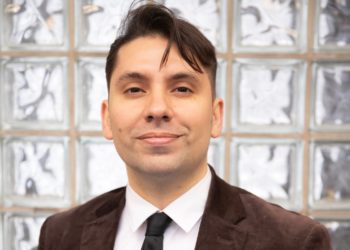Gracie Abrams and Paul Mescal: A Complete Relationship Timeline
After months and months of all-but-confirmed rumors, singer-songwriter Gracie Abrams and actor Paul Mescal have made their relationship public, hanging...
For Thom Tillis, Independence Day Came Early
This article is part of The D.C. Brief, TIME’s politics newsletter. Sign up here to get stories like this sent...
State Department Revokes Visas of Musicians Who Led Anti-IDF Chant
The two musicians comprising the U.K. punk-rap duo Bob Vylan have had their U.S. visas revoked for leading chants against...
Of Course Jeff Bezos Got Married in Venice
The Gritti Palace was built in Venice in 1475, with no expense spared. Its chandeliers are made of handblown Murano...
Apple’s ‘F1’ movie had a secret weapon at the box office — but it might not help next time
Brad Pitt driving on an F1 race track as Sonny Hayes in "F1."Warner Bros. PicturesApple's flashy "F1" movie took first...
Tinder pilots facial recognition technology in California
Tinder is testing out a new facial recognition feature as it seeks to reduce fraud and build trust among its...
Minors’ guidelines: Commission says national bans on social media possible
BRUSSELS — The European Commission is open to the idea that countries will set their own minimum ages for social...
Deadly Strike Levels Popular Seaside Cafe in Gaza
An Israeli airstrike on a popular beachfront coffee shop in Gaza City on Monday afternoon killed more than two dozen...
Anker Issues Yet Another Recall, This Time for Five Popular Power Banks
Anker’s not been having a hot month. Or actually, it’s been having a very hot month, which is the problem,...
What is Elon Musk’s net worth? Find out the wealth of the Tesla, SpaceX CEO
Elon Musk is the world's richest person.Alain Jocard/AFP via Getty ImagesElon Musk has a net worth of around $367 billion,...

















